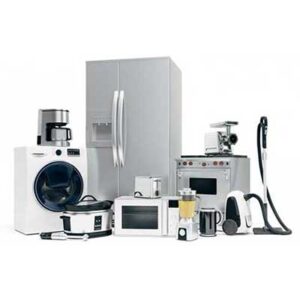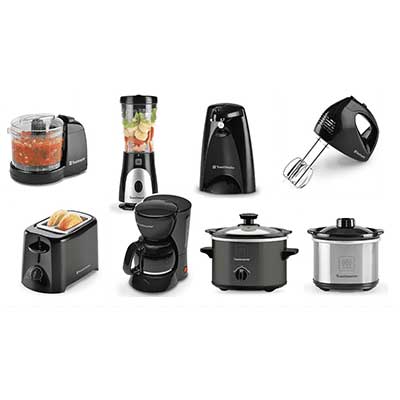No products in the cart.
Investigating the Effectiveness and Benefits of Gas Burners Leave a comment
Gas burners are extensively utilised for a number of purposes, including heating, cooking, and industrial activities, in residential, commercial, and industrial contexts. Gas burners have gained popularity among many customers due to their great efficiency, ease, and advantages for the environment. We shall examine the characteristics, benefits, and factors of gas burners in this article, highlighting their significance in contemporary society.
1. Energy Savings and Efficiency:
Gas burners are well known for their energy-saving and efficiency features. Natural gas burns cleanly and efficiently, creating less greenhouse gas emissions than conventional fuels like coal or oil. Additionally, gas burners provide rapid heat, doing away with the need for preheating and minimising energy loss. Modern gas burners also often use cutting-edge technology like modulating burners, which change the intensity of the flame to match the needed heat output, further minimising energy use.
2. Quick and Accurate Heat Distribution:
One of the major benefits of gas burners is their quick and accurate heat distribution. Gas burners provide rapid and reliable heat, whether they are used as a cooktop burner in your kitchen or an industrial burner in a manufacturing facility. This function makes it possible to quickly and effectively adjust the temperature, which improves cooking efficiency and productivity in a variety of circumstances.
3. Flexibility and Control:
Gas burners come in a variety of heat outputs, allowing users to adjust the flame intensity to suit their individual requirements. This adaptability is especially useful in industrial settings and professional kitchens where exact temperature control is essential to getting desired results. Gas burners provide precise heat control, offering the best conditions for melting, heating, or frying for many purposes.
4. Safety measures:
To avoid accidents and promote user safety, gas burners have a number of safety measures. When a flame is put out, flame failure devices (FFDs) immediately cut off the gas supply to stop unburned gas from escaping. The existence and temperature of the flame are also monitored by thermocouples or flame sensors, adding another level of security and control.
5. Environmental Friendliness:
Natural gas is regarded as a greener energy source than other fossil fuels because of its lower carbon content. Natural gas combustion results in much less emissions of greenhouse gases, sulphur dioxide, and particulate matter, improving air quality and lowering carbon footprint overall. Gas burners are a more sustainable option than alternatives since they play a significant part in reducing environmental impact.
6. Gas burners
are well-known for being cost-effective, making them a popular option for many customers. Energy expenses are often reduced by using natural gas instead of other fuels like electricity or oil since it is frequently less expensive. Additionally, since gas burners are so efficient, less fuel is used to produce the same amount of heat, which lowers running expenses. Gas burners are a desirable alternative for both residential and commercial customers due to their affordability.
7. Gas Burners Provide
convenience and dependability, especially in places where the gas infrastructure is well-established. Gas burners continue to operate even when there is a power loss, unlike electric stoves or appliances, which may be dependent on power networks and may be subject to blackouts. For households and businesses, this dependability offers continual heating and cooking capabilities.
8. Less Maintenance Needed:
Compared to other heating or cooking systems, gas burners typically need less maintenance. To maintain a gas hob working at its peak performance, routine checks, cleanings and periodic component replacements are often adequate. In addition, natural gas burning produces less residues and by-products than other fuels, necessitating less frequent cleaning and maintenance.
9. Integration with Smart Home Technology:
Gas burners may be incorporated with these systems for better control and convenience due to the growing popularity of smart home technology. Remote monitoring and control of gas hob temperature settings is possible with the help of smart thermostats and home automation systems. This connection adds a degree of convenience and energy efficiency by enabling optimised energy use and improved control over heating or cooking operations.
10. Factors and Safety Precautions:
Even though gas burners have many advantages, it’s crucial to take safety measures while using them. In order to maintain optimum natural gas combustion and avoid the development of potentially dangerous gases, adequate ventilation is essential. To find and fix any possible leaks or malfunctions, regular examination of gas lines, connections, and burners is necessary. To maintain the safe and effective functioning of gas burners, it is advised to engage experts for installation, maintenance, and repairs.
In conclusion, gas burners provide a number of benefits, such as affordability, practicality, dependability, and little need for maintenance. For improved control and energy efficiency, they may be combined with smart home technologies. To guarantee the secure usage of gas burners, however, safety measures must be implemented. In general, gas burners are a flexible and dependable option for cooking and heating requirements, providing customers with efficiency, convenience, and environmental advantages in a variety of situations.












